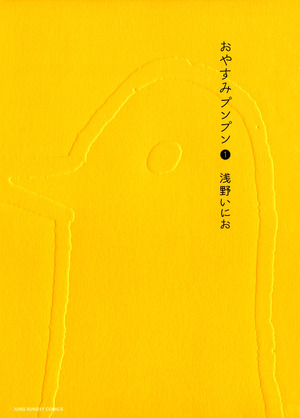There's been plenty of books that I've heard about or seen, but haven't gotten the chance to read.
1. House of Leaves by Mark Z. Danielewski
It’s been on my reading list for so long now, but I haven’t found the time to read it (or I can’t borrow it for long enough), but it is often mentioned in discussions of more non traditional horror or psych horror. I’ve listened to plenty of video essays that mention it and indie horror projects that take inspiration from it, so I want to check it out for myself. The story, to my knowledge, is that some people discover that a house is larger on the inside than it is on the outside, and chaos ensues. Mostly, it’s famous for pages like this:
2. Chemistry: A Novel by Weike Wang
I heard about this book from a friend who’s in college, and I thought it would be an interesting read. It covers the stresses of working towards a doctorate, and is very honest (according to my friend). I feel like it may be helpful going into college.
3. 4321 by Paul Auster
This book is about four parallel lives of this one guy, and they I find it interesting. It might emphasize the importance of the choices we make, so I think that it will be good to read.
I have heard that this book is quite good and moving, and I think it could be an interesting read, as it's about a mentally disabled man who undergoes a surgery and becomes a genius, but it doesn't last forever. Reviews have stated that it can make you question everything you know, and I look forward to that.
It's a story about the life of formerly enslaved people, set in post-Civil War America. This seems like it could be interesting in the themes it choses to explore in relation to it's amin characters and the setting.
6. No Longer Human by Osamu DazaiThis is a novel (possibly semi-autobiographical) about a man named Yozo as he goes through life. To my understanding, it goes to some very dark places, showing a raw look into the main character's psyche, and his inability to connect to other people.
This is a semi-well-known underground manga that I have seen many say is exceedingly dark in its content (though others say that is a bit of an exaggeration). However, it's themes of social isolation, hopelessness, and family drew me in. So, I think I might give it a try later on.
8. Everything I Learned, I Learned in a Chinese restaurant: A memoir by Curtis ChinThis Memoir is about Chin's experience growing up in 1980s Detroit, and his experience being/realizing he was gay. I feel like this could be a beneficial read as it feels sort of close to home (being in Michigan and all), and I might get what older people in my community may have been through.
9. Brave New World by Aldous HuxleyBased on the synopsis, it feels like an even more modern take on a dystopia (as opposed to the "classics" like Fahrenhiet 451, 1984, Hunger Games, which are all quite good) in the sense that it utilizes the idea of drugs and instant gratification. I look forward to reading it and think it may cover themes of addiction, which I am interested in.
10. The Vanished Birds by Simon JimenezI had read a bit of this book before, but ended up having to return it before I could really get into it. It essentially is a Sci-Fi (apparently, more specifically, "space opera") novel which covers several characters over a large amount of time. I think I was a little to young to get it at the time (middle school) but I would like to try it again.











Comments
Post a Comment